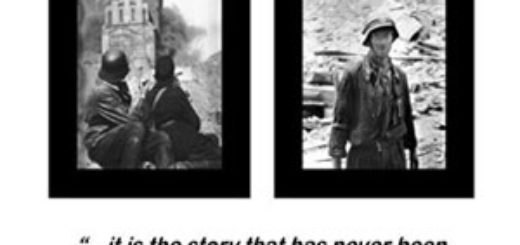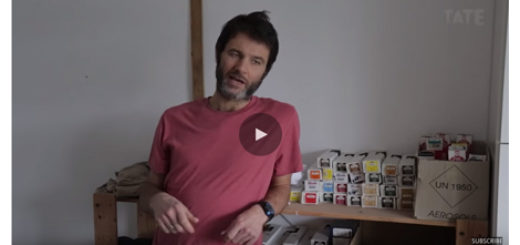The Judas Kiss – review
Oscar Wilde, the fallen flâneur, is the centrepiece of David Hare’s poignant play, The Judas Kiss at Brighton’s Theatre Royale: a fitting setting for Wilde’s Victorian world of splendour as five chandeliers dangle from the ceiling of the velvet-filled venue.
The Judas Kiss is set during Wilde’s trials for indecent behaviour and after his imprisonment when he lived in exile on the Continent. This is encapsulated in a first half English hotel room and a second half Italian retreat. Director, Neil Armfield, has established a fine cast in the broodingly pitiful Rupert Everett as Oscar Wilde and Freddie Fox in a scene stealing performance as Lord Alfred (Bosie) Douglas. Fox brilliantly demonstrates the hedonistic madness and youth that Bosie displayed in his protracted relationship with Wilde.
The downfall of a literary genius and the death of his worldly relationships prove sombre topic matter. Hare masterfully balances this through the use of comical sub-characters such as a superbly out of place naked Italian man. The playwright has also endowed Wilde with some of the wit he was famous for and gifts him a wonderful first line as he hurries on stage into Bosie’s embrace: “Forgive us, Lord Alfred Douglas and I have been parted for at least one hour.”

Hare makes excellent use of the two halves of the play to create a mirroring effect where the set in the second half resembles a drabber, toned-down version of the first half’s grandeur. Wilde’s plush throne in the centre of the stage is reduced to a bare wooden chair that he inhabits for most of the second act: a metaphor for his time spent in prison and its lasting effect. The bustling servants disappear to leave Wilde alone save for a restless Bosie. The humour of the first act is scaled down to create a much more severe and desperate atmosphere that reflects Hare’s thorough knowledge of De Profundis: Wilde’s sprawling love-letter to Bosie from prison.
In this text, the image of Wilde as a Christ-like figure emerges and this generates the setting of the first act as he is surrounded by his disciples whilst about to dine on his last supper. The play closes powerfully with Wilde alone, on his chair, looking wistfully into the sky whilst reciting the final passage to De Profundis that begins: ‘All trials are trials for one’s life.’ The light draws in until only Wilde’s face is illuminated and then nothing remains but an all consuming darkness. The Judas Kiss reaches up from the depths of despair to leave a haunting imprint on all those that witness it.
The Judas Kiss returns to the stage on January 9, 2013, for a marathon run at London’s The Duke of York Theatre.
James Dixon






